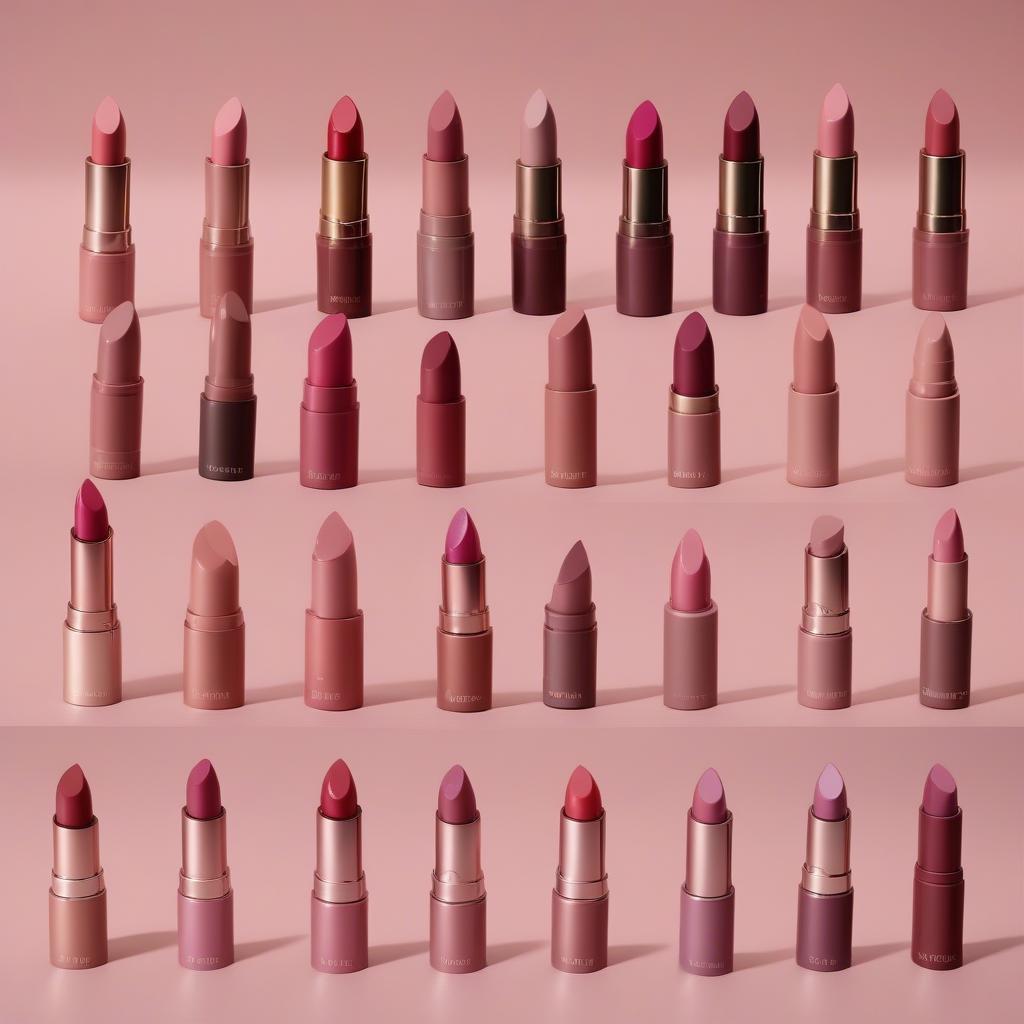Hypochlorous Acid Gel: A Comprehensive Guide
- AmazoniaSilva
- Tháng 12 24, 2024
- Zodiac signs
- 0 Comments
Hypochlorous Acid Gel is a topical product gaining popularity for its versatile uses in skincare and wound care. This guide dives into the science behind hypochlorous acid, its benefits, potential side effects, and how to choose the right product for you.
Understanding Hypochlorous Acid
Hypochlorous acid (HOCl) is a naturally occurring substance produced by our white blood cells to fight infection and promote healing. It’s a powerful yet gentle antimicrobial agent effective against a broad range of bacteria, viruses, and fungi. In gel form, hypochlorous acid provides a convenient and targeted application method for various skin conditions.
Benefits of Hypochlorous Acid Gel
Hypochlorous acid gel offers a multitude of potential benefits, including:
- Wound Healing: HOCl supports the body’s natural healing process by reducing inflammation and promoting tissue regeneration.
- Acne Treatment: Its antimicrobial properties can help combat acne-causing bacteria and reduce breakouts.
- Eczema Relief: Hypochlorous acid gel can soothe irritated skin and alleviate the itching associated with eczema.
- Rosacea Management: Its anti-inflammatory properties can help calm the redness and inflammation characteristic of rosacea.
- General Skin Irritation: Hypochlorous acid gel can help soothe minor cuts, burns, sunburns, and insect bites.
Choosing the Right Hypochlorous Acid Gel
Not all hypochlorous acid gels are created equal. When choosing a product, consider the following:
- Concentration: Look for a concentration appropriate for your specific need. Lower concentrations are generally suitable for daily skincare, while higher concentrations might be recommended for wound care.
- Ingredients: Opt for products with minimal additives and preservatives, especially if you have sensitive skin.
- Purity: Ensure the product is free of contaminants and stabilizers that could reduce its effectiveness.
How to Use Hypochlorous Acid Gel
Apply a thin layer of hypochlorous acid gel to the affected area as needed. For wound care, you may want to cover the area with a clean bandage. Always follow the manufacturer’s instructions for specific usage guidelines.
Potential Side Effects of Hypochlorous Acid Gel
Hypochlorous acid gel is generally considered safe for topical use, but some individuals may experience mild side effects such as temporary stinging or dryness. If you experience any significant irritation, discontinue use and consult a dermatologist.
Hypochlorous Acid Gel vs. Other Topical Treatments
Hypochlorous acid gel offers a unique combination of effectiveness and gentleness compared to other topical treatments. Unlike harsh chemicals, HOCl is non-irritating and doesn’t disrupt the skin’s natural microbiome. This makes it a suitable option for even sensitive skin types. While other antimicrobials can lead to resistance, bacteria are less likely to develop resistance to hypochlorous acid.
Is Hypochlorous Acid Gel Right for You?
Hypochlorous acid gel could be a valuable addition to your skincare or wound care routine. Its diverse applications and gentle nature make it a compelling option for addressing various skin concerns. Talk to your dermatologist to determine if hypochlorous acid gel is the right choice for your individual needs.
Conclusion
Hypochlorous acid gel offers a promising solution for various skin concerns, from wound healing to acne treatment. Its gentle yet effective properties make it a valuable addition to any skincare arsenal. Remember to choose a high-quality product and consult with a dermatologist to determine if hypochlorous acid gel is right for you. Can hypochlorous acid help with hair growth? Find out here: hypochlorous acid hair growth.
FAQ
- What is hypochlorous acid gel used for?
- Is hypochlorous acid gel safe for sensitive skin?
- How often should I apply hypochlorous acid gel?
- Where can I buy hypochlorous acid gel?
- Can hypochlorous acid gel be used on children?
- How long does it take for hypochlorous acid gel to work?
- What are the key ingredients to look for in a hypochlorous acid gel?
For further assistance, please contact us at [email protected] or visit our office at Fifth Avenue, 34th Floor, New York, NY 10118, USA. We have a 24/7 customer support team ready to help.
